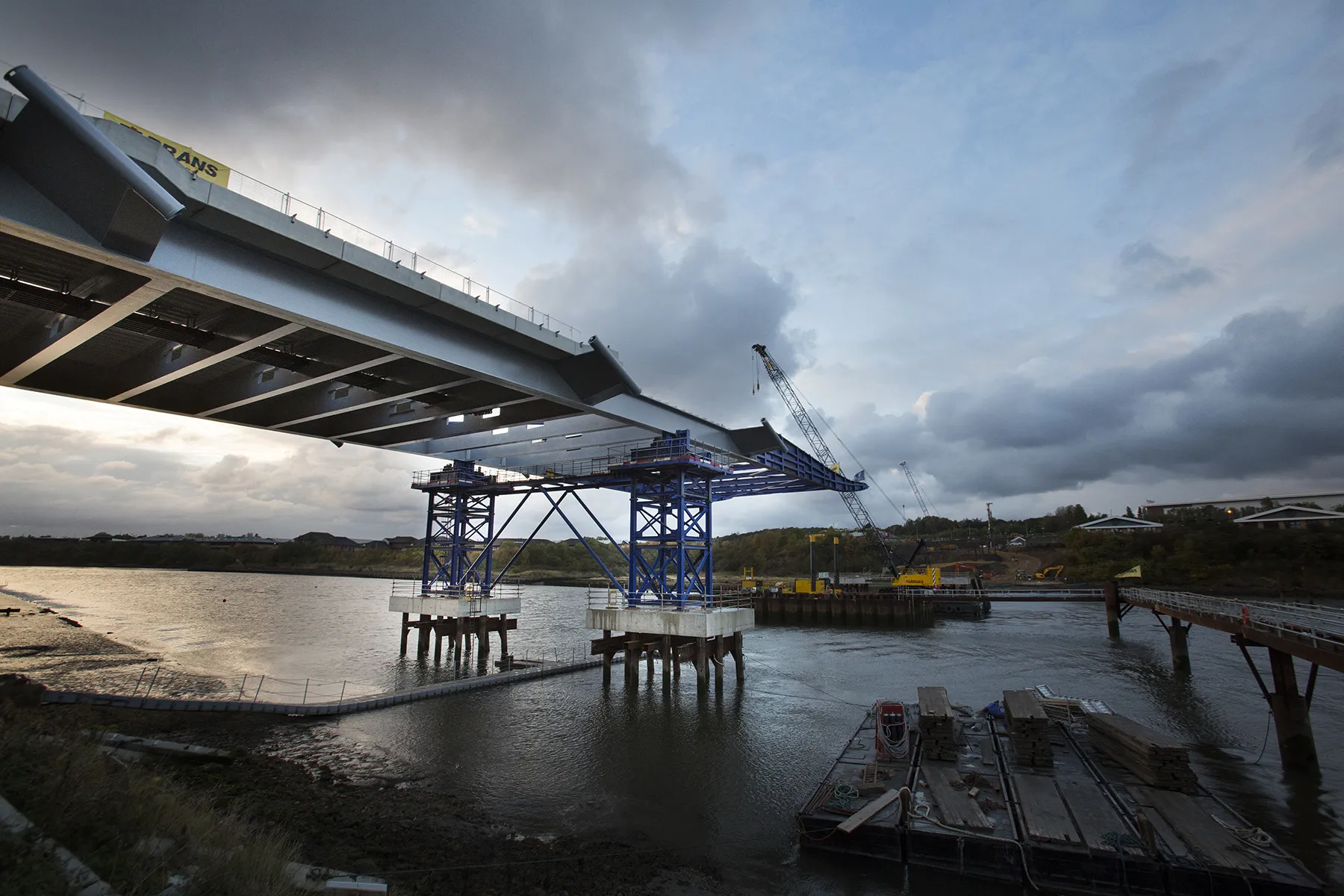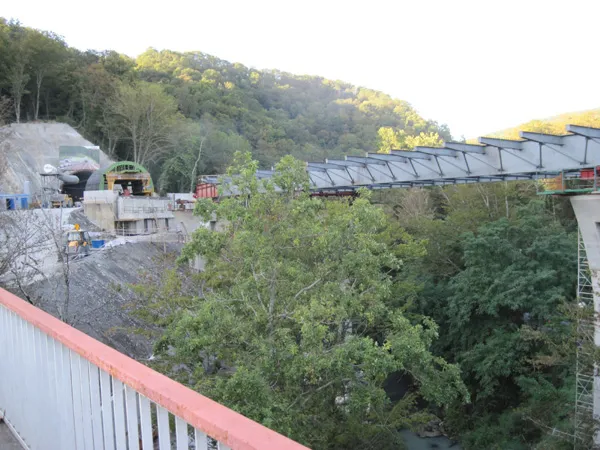Solar cell panels worth around €270,000 will produce energy for the Øresund Bridge that connects Denmark and Sweden.
Danish companies SolarFuture and Solarpark DK have been awarded the contract to install 1,500m² solar panels near the toll station of the Øresund Bridge.
The three-year agreement is with Øresundsbro Konsortiet - the Danish-Swedish company that owns and operates the Øresund Bridge.
The panel will generate around 4% of the power to operate the bridge, including deck lighting and building interior lighting at an estimated annual saving of close to €27,000. There will also be an estimated CO2 reduction of 85tonnes.
Eventually, solar power could supply around 10% of energy with solar power, said Bengt Hergart, property director at Øresundsbro Konsortiet.
Solar panels will be placed between the northern and southern side of the toll station and at least 3m from the traffic lane, behind the railing and light columns - close to both the motorway and the railway.
The Øresund, which opened in 2000, is a road-rail bridge-tunnel structure running across and under the Øresund strait from the Danish capital Copenhagen to Malmö in Sweden. The road and rail runs along an 8km cable-stayed bridge to an artificial island where it then enters a 4km-long tunnel.
The cable-stayed bridge features two 204m-high pylons supporting the 490m-long bridge span across the Flinte Channel. The motorway runs on the upper level while the railway runs underneath.
Most bridge structures including the piers and spans were built on land and towed into position on barges. Only the pylons were cast in situ. The Øresund is operated by both countries and was designed by Danish engineering firm COWI along with main architect George KS Rotne.
Danish SolarFuture builds solar facility by Öresund Bridge
Solar cell panels worth around €270,000 will produce energy for the Øresund Bridge that connects Denmark and Sweden. Danish companies SolarFuture and Solarpark DK have been awarded the contract to install 1,500m² solar panels near the toll station of the Øresund Bridge. The three-year agreement is with Øresundsbro Konsortiet - the Danish-Swedish company that owns and operates the Øresund Bridge. The panel will generate around 4% of the power to operate the bridge, including deck lighting and
January 10, 2018
Read time: 2 mins








